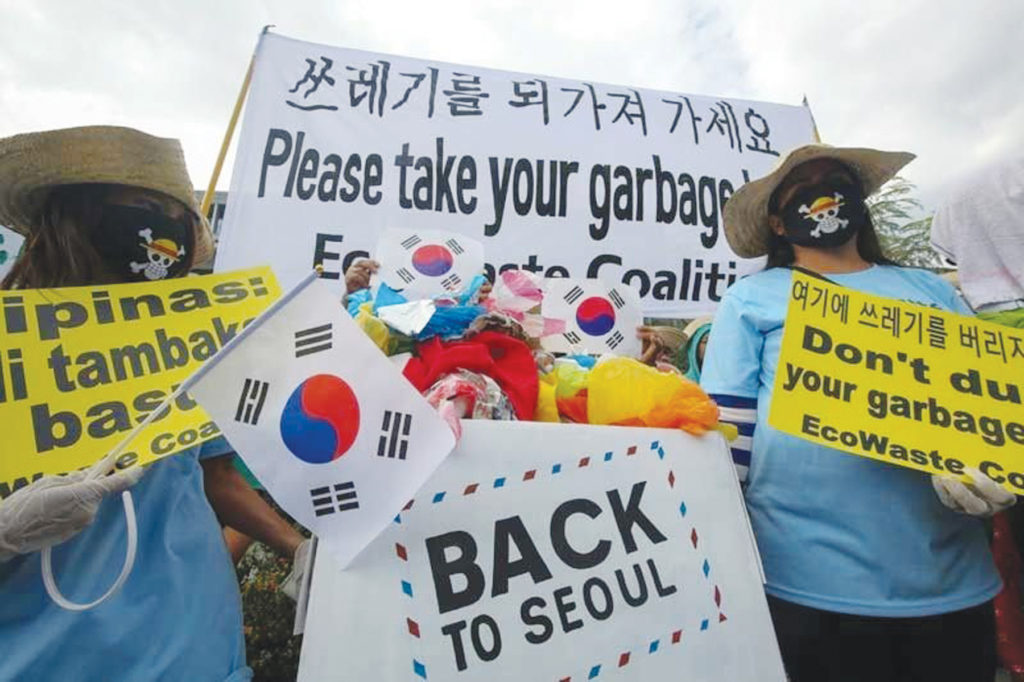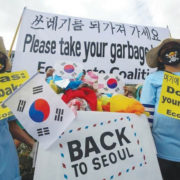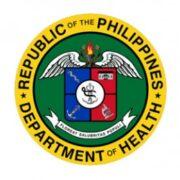
A Bureau of Customs (BOC) official on Wednesday, January 2 issued a statement to South Korean authorities to take a total of 6,500 tons of garbage illegally shipped to the Philippines back to their country by next week.
Mindanao International Container Terminal (MICT) BOC port collector John Simon stated that the South Korean authorities have until January 9 to retrieve at least the first shipment of garbage found in Misamis Oriental province last July.
“We want to send the message to the world that [the Philippines is] not a dumping ground, and we as a country have the power to send back garbage that was dumped from other countries,” Simon said as reported by The Philippine Daily Inquirer.
During the EcoWaste Coalition press conference in Quezon City, the customs official emphasized the right of the Philippines to return other country’s trash should they decide to dump such within the territory, as what happened in Tagoloan port.
“We expect the 51 garbage-filled containers stored at MICT to be homebound by January 9 provided that all regulatory requirements are readily available. Their expedited re-export is what BOC wants and this is what our people are yearning for,” Simon added as reported by Rappler.
The shipment was imported by Verde Soko Phils. Industrial Corporation containing about 32 tons of “special or hazardous waste.” It included 2.63 tons of used batteries, 3.3 tons of discarded light bulbs, 25 tons of electrical and electronic waste, and 1.3 tons of dextrose tubes.
EcoWaste Coalition National Coordinator Aileen Lucero echoed the sentiments of the port official noting that the government must strengthen “the adoption of stringent policies to prevent their recurrence, including a crackdown on the importation of plastic waste.”
“We need to act decisively to protect our country from turning into a global dump for plastics and other wastes that China no longer wants,” Lucero added.
Despite the said slip through, Simon said that the South Korean government agreed to take back the waste as they are obliged to keep up with the Basel Convention — an international treaty designed to reduce the movement of hazardous waste between nations.
“South Korean government sent four representatives here to find out the costs of bringing back the shipment and to validate their earlier findings on the transport of the trash,” he said.
The South Korean Embassy vowed to process the reexport of the waste immediately. It is estimated to cost $47,430, mainly for inland and ocean freight charges. The embassy also promised to investigate the importer of the said garbage.
“The government stated that it would take measures to have the waste in question be brought back to Korea as soon as possible,” the embassy stated.
“The government of the Republic of Korea—the Ministry of Environment, the Korea Customs Service and the Ministry of Foreign Affairs—has embarked on the investigation of a Korean exporter which caused a controversy in the Philippines this month,” it added.






